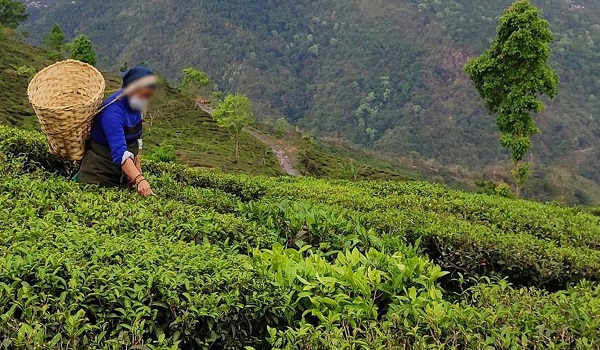To enhance the safety and quality of tea production, tea planters across the country are undergoing specialized training aimed at reducing pesticide levels in tea, as announced by the Food Safety and Standards Authority of India (FSSAI). The initiative follows a recent workshop conducted by the FSSAI in Coonoor district, Tamil Nadu, with support from the Tea Board and the Confederation of Indian Industry Food and Agriculture Centre of Excellence.
The workshop focused on promoting safe and hygienic tea production practices, with a particular emphasis on integrated pest management and good agricultural practices. This initiative seeks to address concerns raised by both international and domestic buyers regarding the excessive presence of pesticides and chemicals in tea consignments, leading to rejections in the past.
During the training session, tea growers were provided with crucial information on maximum residue levels (MRLs) for pesticides and strategies to ensure compliance with these standards. Discussions also covered key insights into FSSAI notifications on MRLs, emphasizing the importance of maintaining a recommended time gap between pesticide spraying and tea leaf plucking. Furthermore, small tea growers were sensitized about the significance of adhering to FSSAI norms on MRLs for the safe use of pesticides.
Through these collaborative efforts, regulatory authorities and industry stakeholders aim to promote sustainable tea cultivation practices while safeguarding consumer health and confidence in tea products.


